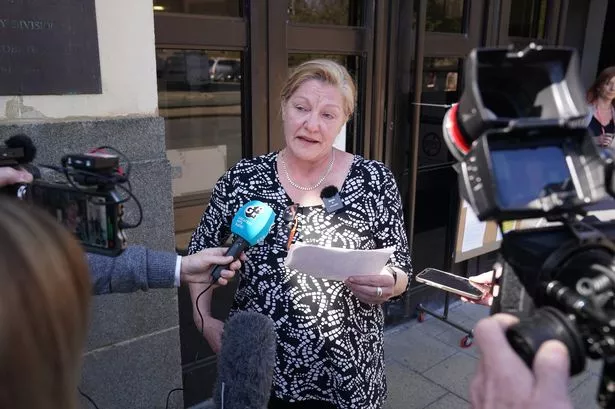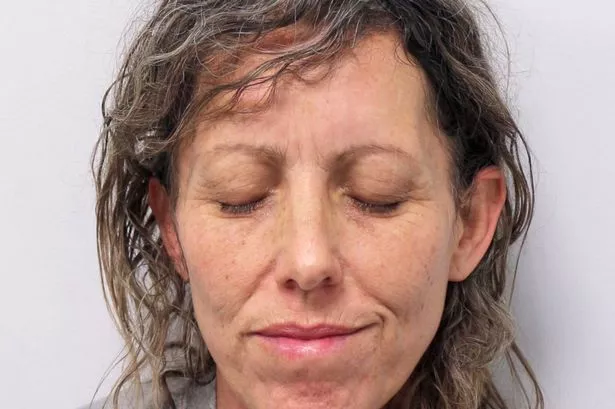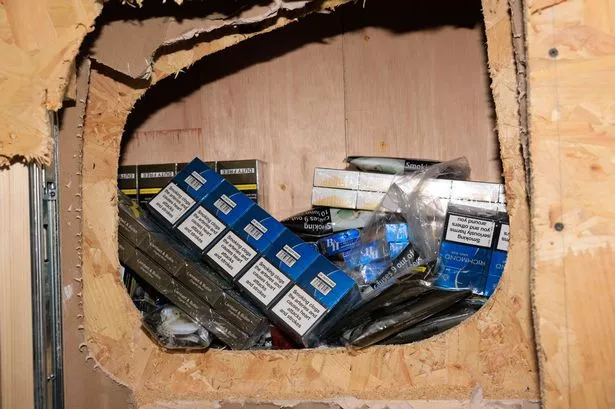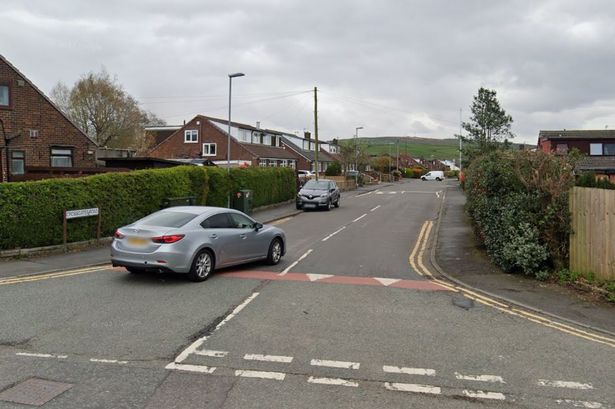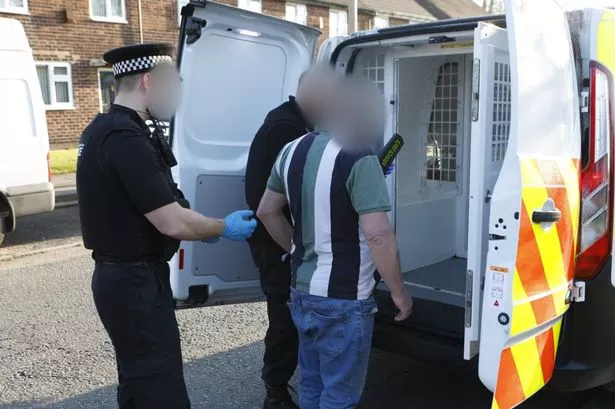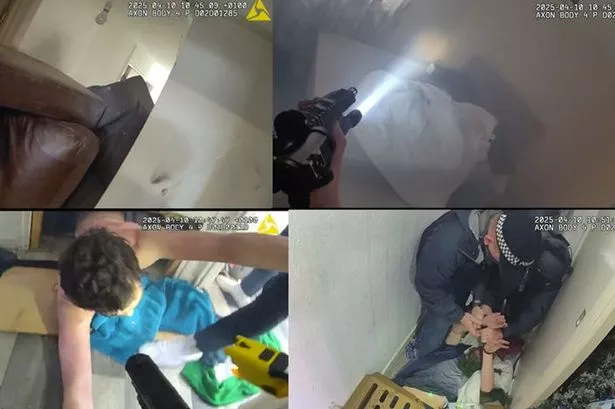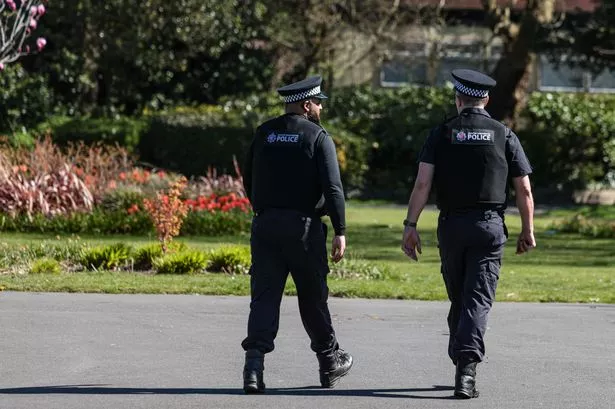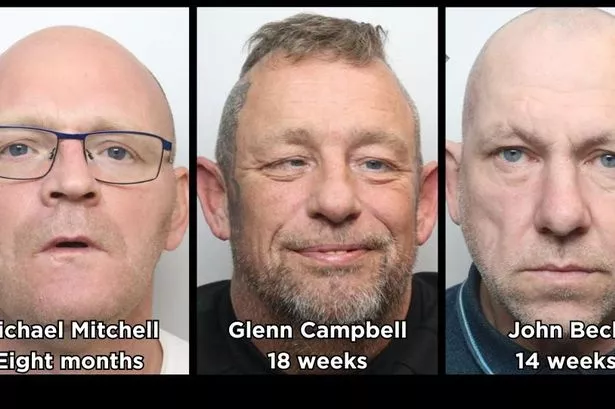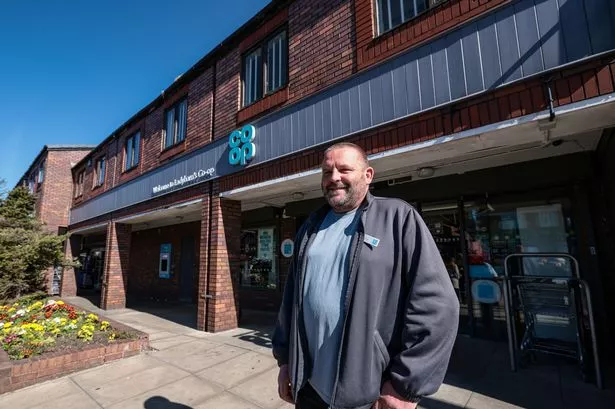Valdo Calocane Case Review: Victims' Families Demand Justice

A report into the care received by Nottingham triple killer Valdo Calocane indicates that he may have been "spared prison on the basis of incomplete evidence," according to his victims’ families.
Calocane, diagnosed with paranoid schizophrenia, was sentenced to an indefinite hospital order after killing 19-year-old students Barnaby Webber and Grace O’Malley-Kumar, along with 65-year-old caretaker Ian Coates, during a spate of attacks in Nottingham in June 2023. He also attempted to kill three other individuals.
The families of the victims expressed their concerns about the independent review published on Wednesday, stating that it revealed the killer was "responsible for his actions and was allowed to make these decisions by his treating teams." They emphasized that the court was presented with a very different narrative.
The report highlighted that Calocane was not compelled to receive long-lasting antipsychotic medication due to his aversion to needles. Additionally, it noted that other patients under the care of Nottinghamshire Healthcare NHS Foundation Trust also engaged in “extremely serious” acts of violence, including stabbings from 2019 to 2023.
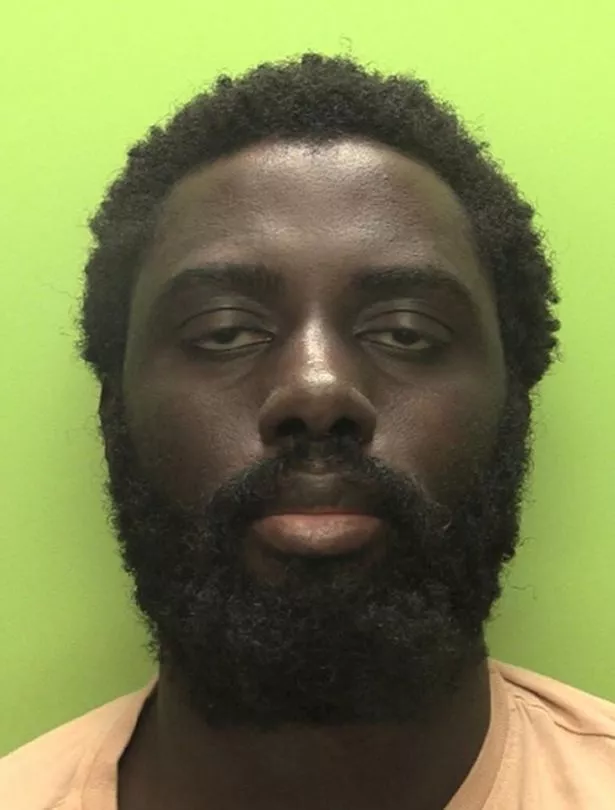
In a statement following the report's publication, the victims' families demanded urgent attention, claiming the findings suggested the court might not have been presented with the complete picture, leading to a potential miscarriage of justice.
They remarked, “He may have been spared prison on the basis of incomplete evidence. We have seen numerous reports highlighting the failings of police forces and health services.”
The families further stated, “These repeated failings allowed this man to be in the community, leading to the loss of our loved ones.” They expressed concerns that he may have been sentenced under incorrect pretenses.
NHS England enlisted Theemis Consulting to conduct an independent investigation into Calocane's care, documenting four hospital admissions between 2020 and 2022, and multiple interactions with community teams before he was discharged to his GP due to insufficient engagement with mental health services.
Investigators concluded that the care available to Calocane was often inadequate and that this shortcoming was not isolated to his case. Health officials acknowledged, “It is clear the system got it wrong.”
The families reiterated that the mental capacity presented in court differed significantly from what was recorded by his treatment providers, stating, “This was a man who actively avoided his medication and treatment.” They contended that he was accountable for his actions while being allowed the autonomy to make related decisions.
They called for a comprehensive inquiry to investigate not only the events surrounding the murders but also broader issues in the care and treatment of individuals with mental illnesses. They expressed a deep concern that failure to enact change could perpetuate more tragedies.

After initially intending to publish only a summary, NHS officials released the full report. Dr. Jessica Sokolov, regional medical director at NHS England (Midlands), stated, “It’s clear the system got it wrong,” apologizing to the victims' families on behalf of the NHS.
Claire Murdoch, NHS England’s national mental health director, acknowledged the failings in Calocane’s care and detailed measures taken to improve risk assessment processes across mental health trusts nationally.
Ifti Majid, chief executive of Nottinghamshire Healthcare NHS Foundation Trust, expressed deep regret for the missed opportunities in Calocane's care, stating they accept the findings and recommendations from Theemis report. He assured that progress is being made to enhance risk assessment and discharge processes, emphasizing a commitment to preventing similar incidents in the future.




